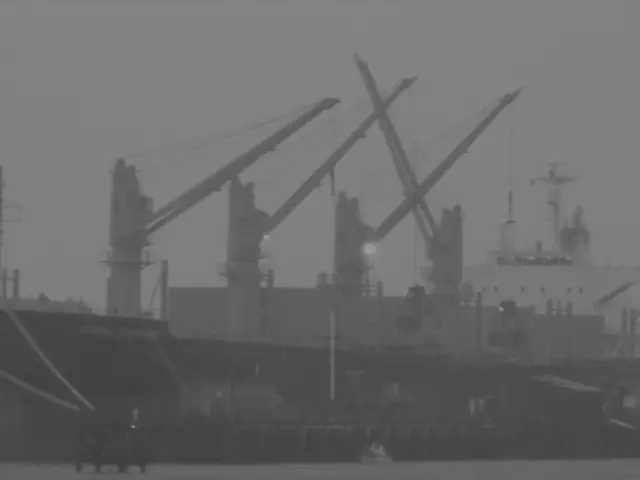Bamako Fuel Crisis: JNIM Blockade Causes Severe Shortages and Economic Impact
Residents of Bamako, Mali, are grappling with severe fuel shortages since early September, following a blockade by the militant group Jama'at Nusrat al-Islam wal-Muslimin (JNIM). The blockade has significantly impacted the local economy and is seen as a pressure tactic by JNIM to distance commercial operators and residents from military authorities.
JNIM has been targeting fuel tankers coming from neighboring Senegal and Ivory Coast, with over 100 trucks burned and destroyed. The Ivorian company CIVOTECH confirmed the deaths of two fuel tanker drivers and an apprentice driver in the Sikasso region, highlighting the dangerous situation for drivers. The blockade has led to a crisis in Bamako, with residents like Amadou Berthé resorting to traveling long distances to find fuel for their vehicles.
In response, the Malian army has begun escorting truck convoys on roads between Bamako and the borders with Senegal and Ivory Coast. However, the risks to the fragile local economy are significant, and the military junta that took power in 2021 faces a setback. Some oil importers are exploring alternative routes to protect their staff and businesses.
The blockade by JNIM continues to pose serious challenges to Mali's economy and residents. While the military takes steps to mitigate the situation, the long-term impact on the country's stability remains uncertain.
Read also:
- Trade Disputes Escalate: Trump Imposes Tariffs, India Retaliates; threatened boycott ranges from McDonald's, Coca-Cola to iPhones
- North Carolina's Ocracoke Island: Highway Closed, Homes Collapse Due to Erosion
- Ukraine's Drone Strikes Cripple Russian Rail, Impacting Military Operations and Economy
- Nepal's Journey: Evolution from Street Life to Political Power








